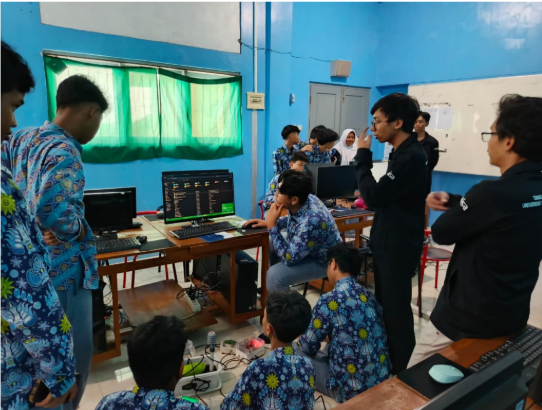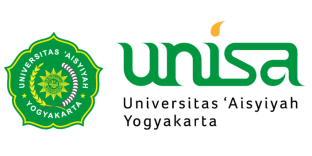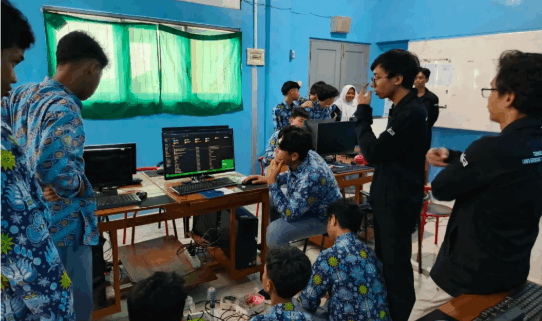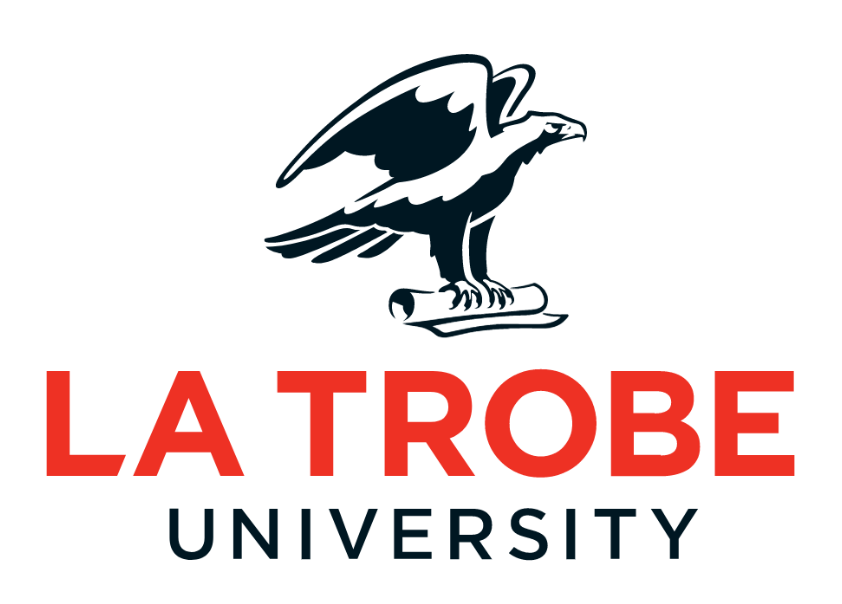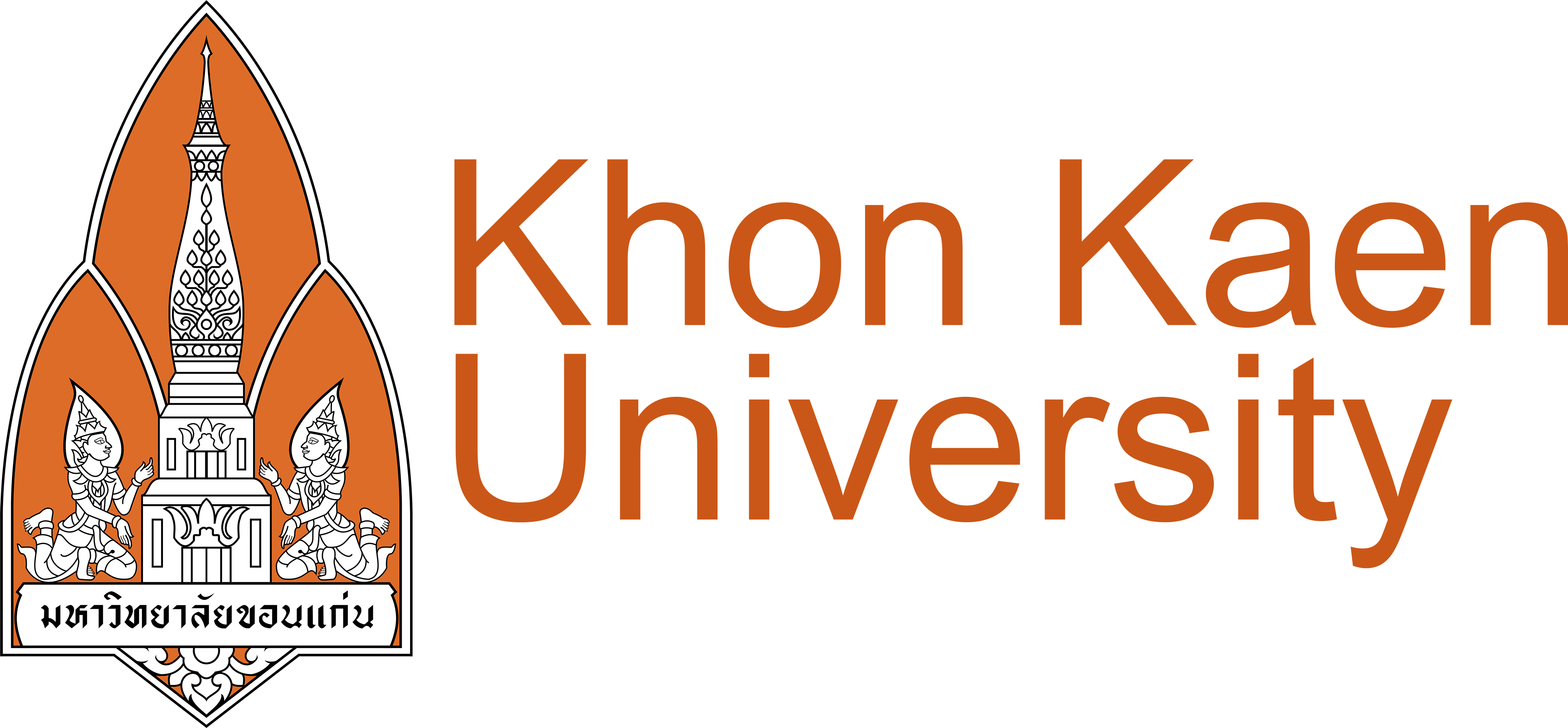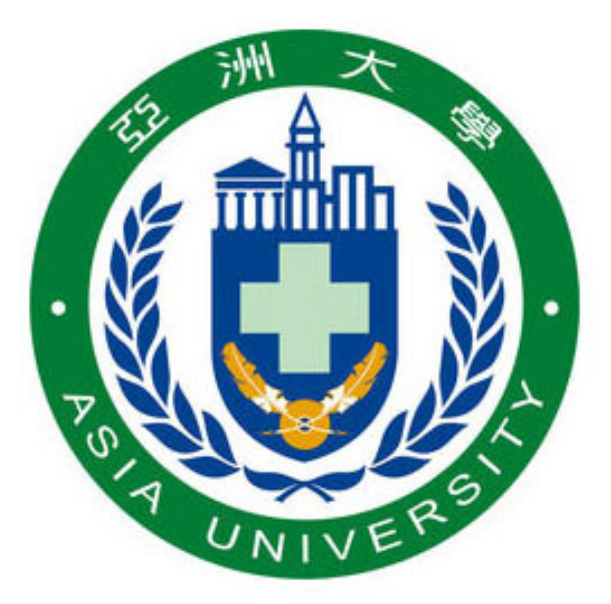IT Study Program Provides IoT Smart Garden Education at SMK Muhammadiyah 2 Yogyakarta
In an effort to improve competence in the field of information technology in mastering integrated Internet of Things (IoT) technology, the Information Technology (IT) Study Program at Universitas `Aisyiyah (Unisa) Yogyakarta has conducted IoT Smart Garden training at SMK Muhammadiyah 2 Yogyakarta on Friday (8/8/2025).
The activity was led by two lecturers from the IT Program at Unisa Yogyakarta, Danur Wijayanto, S.Kom., M.Cs. and Fadlillah Mukti Ayudewi, S.Kom., M.Kom., and attended by 4 IT students. The participants, who were 11th-grade students majoring in Computer Network Engineering (TKJ), appeared enthusiastic about participating in each training session.
In the first session, the training aimed to provide a basic understanding of IoT concepts and their application in Smart Garden systems. Participants were guided to understand the concepts of devices and key components such as soil moisture sensors, temperature sensors, relay modules, and microcontrollers, which serve as the system’s control center. The material was linked to the concept of modern agriculture, which utilizes technology to enhance the efficiency and effectiveness of plant care. IoT is no longer just a concept but a technological ecosystem that has been widely applied across various sectors, including modern agriculture through the concept of smart farming.
After the theory session, participants carried out hands-on practice. They were introduced to various hardware components that form the brain of the smart garden system and the steps for assembling Smart Garden devices, configuring the system, and installing mobile applications to monitor plant conditions in real time. With the guidance of lecturers and students, the students successfully practiced installing the system and connecting it to the internet. They also tried out the mobile application that had been prepared to monitor soil moisture data and control water pumps remotely via smartphones. A demonstration was also conducted to show the automation process of watering based on soil moisture sensor readings.
During the activity, students actively asked questions and discussed further developments. Some of them asked about the possibility of using IoT devices to measure moisture in an entire plot of land. In response to these questions, the accompanying students explained that IoT devices cannot directly measure the moisture of an entire plot with just one device. To cover an entire plot, several IoT devices need to be placed at several points or sections of the land. However, all of these devices can be controlled and monitored through the same server.
One of the students also asked about installing three IoT devices at several points on the land. He asked whether the system would stop or continue to supply water to moisten the dry points if one point had reached optimal moisture while the other two points were still dry. The supervising student explained that the IoT device would automatically stop working if the monitored point had met the specified moisture standard. This enthusiasm demonstrates the participants’ high level of interest in the application of technology in agriculture.
“Our hope is that this knowledge does not stop at the training room. Participants are expected to further develop this project, perhaps as a final project or even as a catalyst for entrepreneurship in the field of technology. This is a very relevant and valuable skill set,” said Danur.
The community service team from Unisa Yogyakarta is committed to continuing to provide support in the development and application of IoT technology in schools, particularly through the Smart Garden case study. Seeing the enthusiasm and positive results of this training, it is hoped that similar activities can continue, so that more students will be skilled in designing, installing, and operating IoT-based Smart Garden systems independently. These skills are expected to drive innovation in the modern agricultural sector and improve the quality of education in schools across Indonesia.
